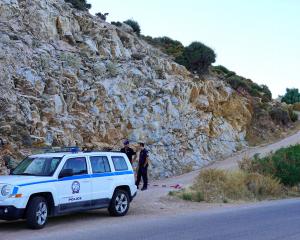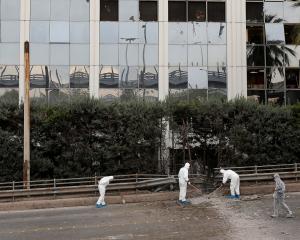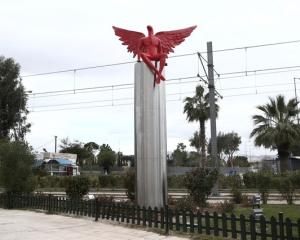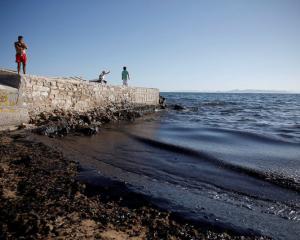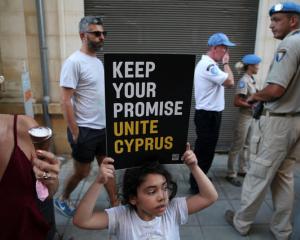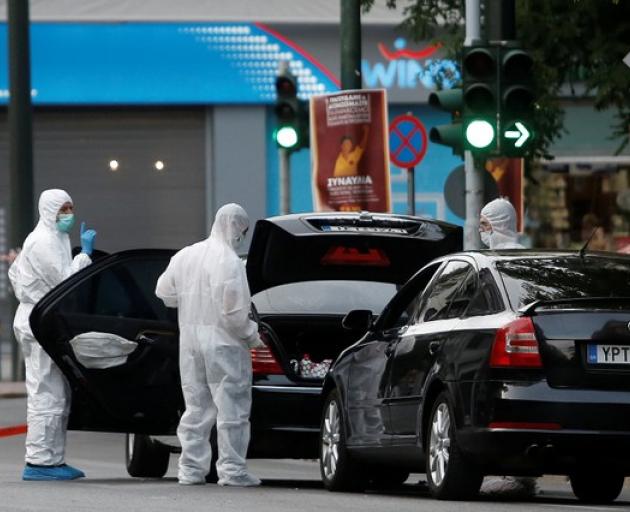
Greek police said on Saturday (local time) they arrested a man they believe was involved in mailing parcel and letter bombs to targets including ex-Greek prime minister Lucas Papademos and former German finance minister Wolfgang Schaeuble.
In March, police intercepted eight suspect packages at an Athens sorting office after the dispatch of booby-trapped parcels to the International Monetary Fund in Paris and the German Finance Ministry in Berlin.
One parcel, mailed to Schaeuble, was intercepted by the ministry's mail department. A letter addressed to the IMF exploded, slightly hurting an administrative assistant.
"The anti-terrorism service arrested a 29-year-old male following a warrant ... related to parcel bomb dispatches," police said in a statement.
Police searched the suspect's apartment in Athens and found two pistols, bullets, a timing device and explosive materials in travel bags, a police official said.
"Police had spotted him in videos bringing parcels to the post office on five different occasions," the official said, declining to be named.
Papademos was injured in May when a booby-trapped package exploded in his car in central Athens, in the worst act of violence against Greek politicians country for several years.
The suspect denies involvement in the attacks and in the militant group Conspiracy of Fire Cells, which claimed responsibility for the parcel sent to the German Finance Ministry, the police official told Reuters.
Conspiracy of Fire Cells, one in a long line of violent anti-establishment groups in Greece, initially specialised in arson attacks but turned to bombings in May 2009.

